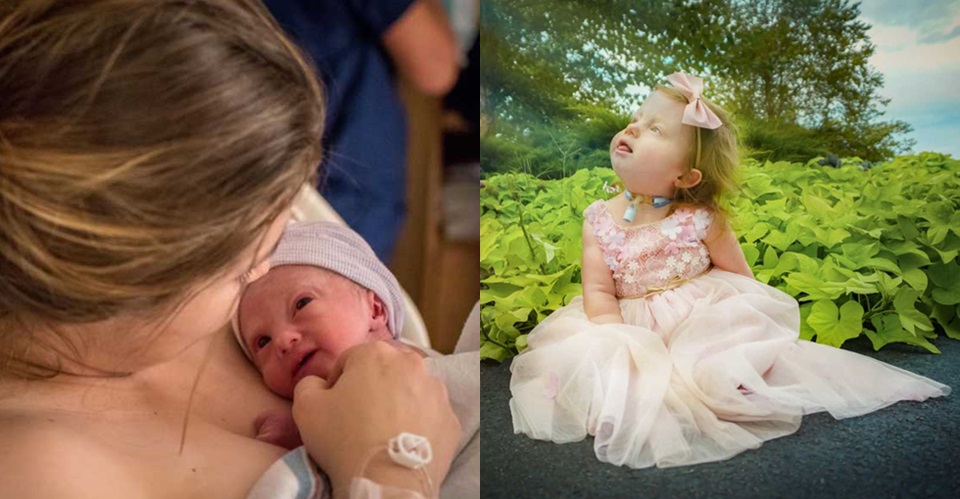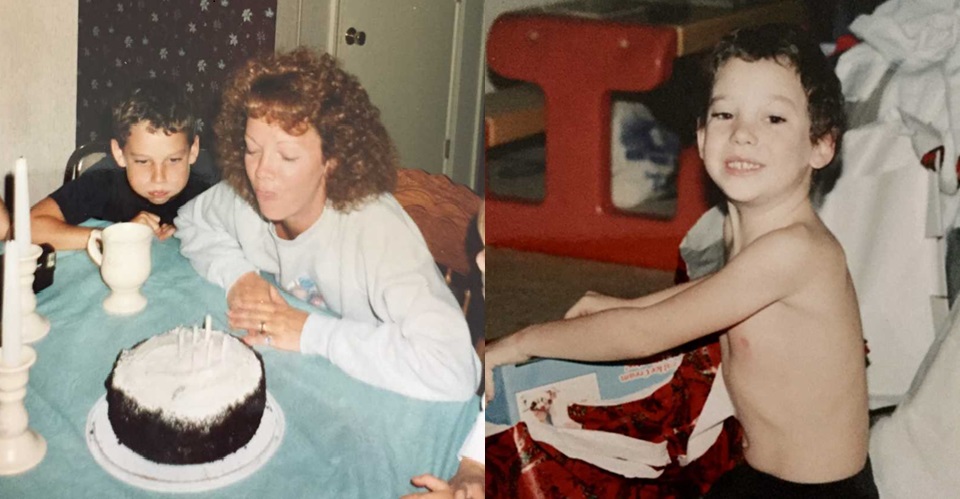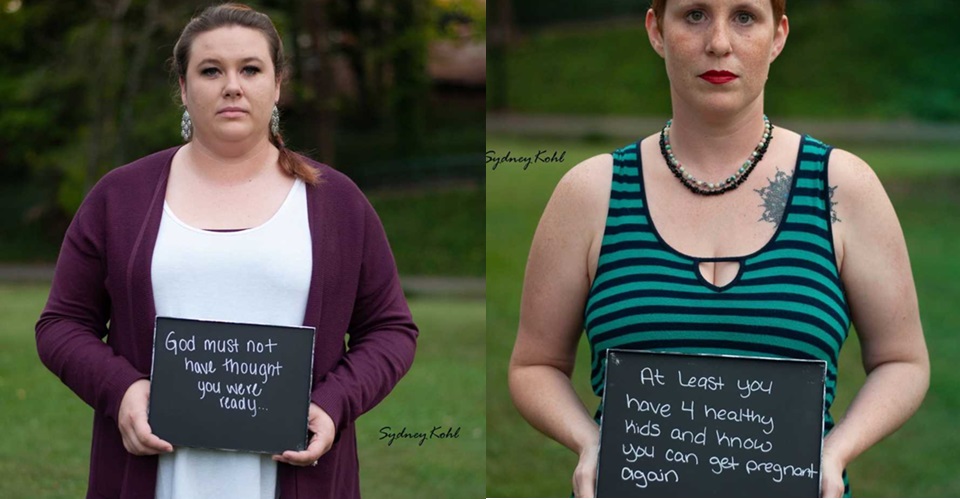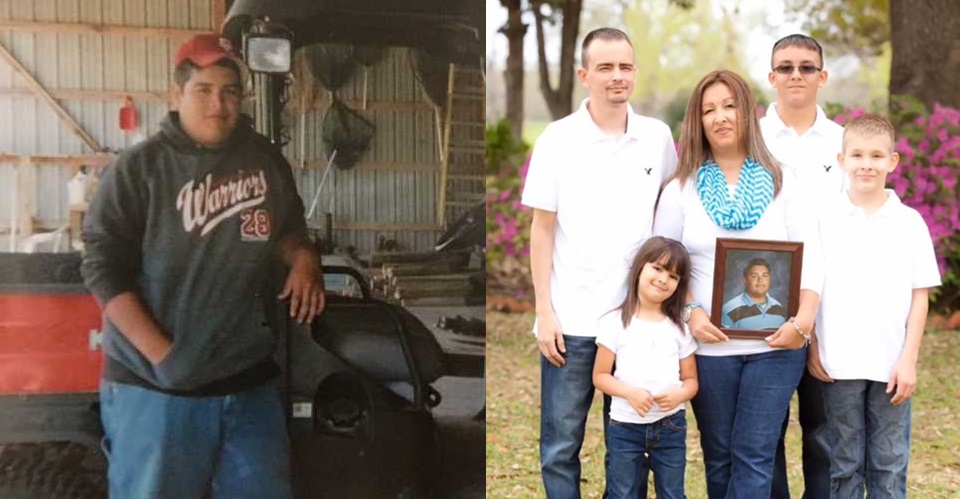When the words Trisomy 18 and incompatible with life first left the doctor’s mouth, Alivia felt her entire world tilt. Those words echoed in her ears long after she had left the room. The same baby who kicked inside her belly, full of life and movement, was suddenly described as a child who might not survive. It didn’t make sense. How could something so alive be so sick? How could a baby so beautiful in her ultrasounds be anything less than perfect?
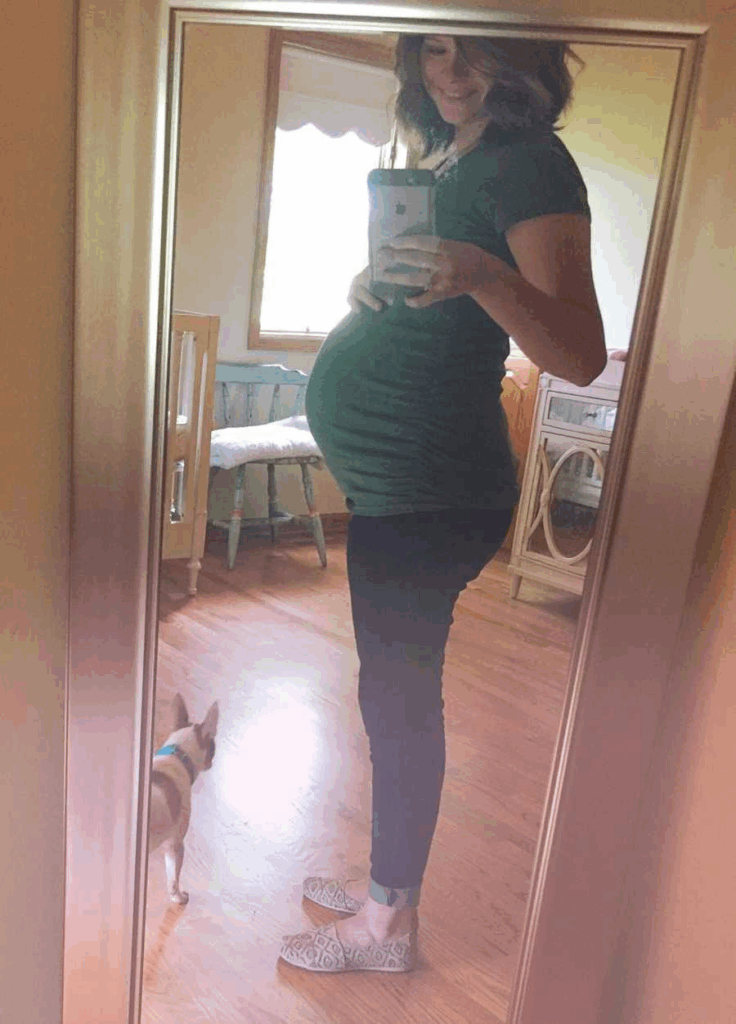
At 27 weeks pregnant, Alivia had gone in for a 3D ultrasound, excited to see her little girl’s face for the first time. She imagined chubby cheeks and tiny lips, maybe even her son’s nose. Her biggest fear was that the technician would tell her the earlier scan was wrong and that she was actually having a boy. Instead, the technician kept pausing at the baby’s heart. Her tone changed, her smile faded, and Alivia’s stomach dropped. That was the first time she heard the words that would haunt her: I see something concerning with the baby’s heart and stomach.
By the next day, she was sitting in a specialist’s office. After what felt like the longest ultrasound of her life, the doctor started listing possible problems. Alivia barely heard them; the words were technical, but the meaning was devastating. The doctor said it might not be Down syndrome after all, that she should prepare for Trisomy 18 or 13. Alivia’s mind went blank. It felt like the air had been sucked out of the room. Later, when she looked it up, she read that Trisomy 18 was called “incompatible with life.” That phrase hit her like a punch to the gut. She wanted to scream that this baby was alive, right there inside her, rolling and hiccupping and reminding her she existed.
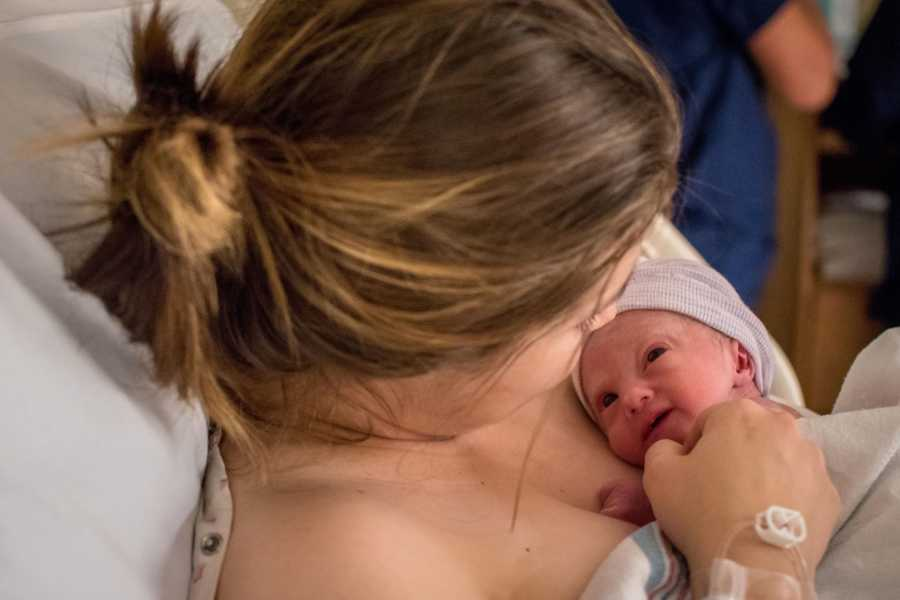
Over the next few months, Alivia and her husband rode an emotional rollercoaster of fear, denial, and fragile hope. They found a hospital willing to care for a Trisomy 18 baby and moved closer to it, packing up their lives for a future filled with uncertainty. There were so many appointments, and their two-year-old son needed them too. Every prayer changed as time passed. First she begged for health, then for a misdiagnosis, and eventually just to hear her daughter cry after birth.
When the day finally came, the delivery room was quiet, dim, filled with a strange peace. Alivia labored without medication, determined to stay connected to every moment. Her husband and doula stayed by her side. And then, at 12:58 a.m., baby Lillian was born. The room went silent again, painfully still. Nurses worked quickly, whispering to each other. Then came the sound that shattered the silence—a cry. The tiniest, most beautiful cry she had ever heard. It filled the room with life.
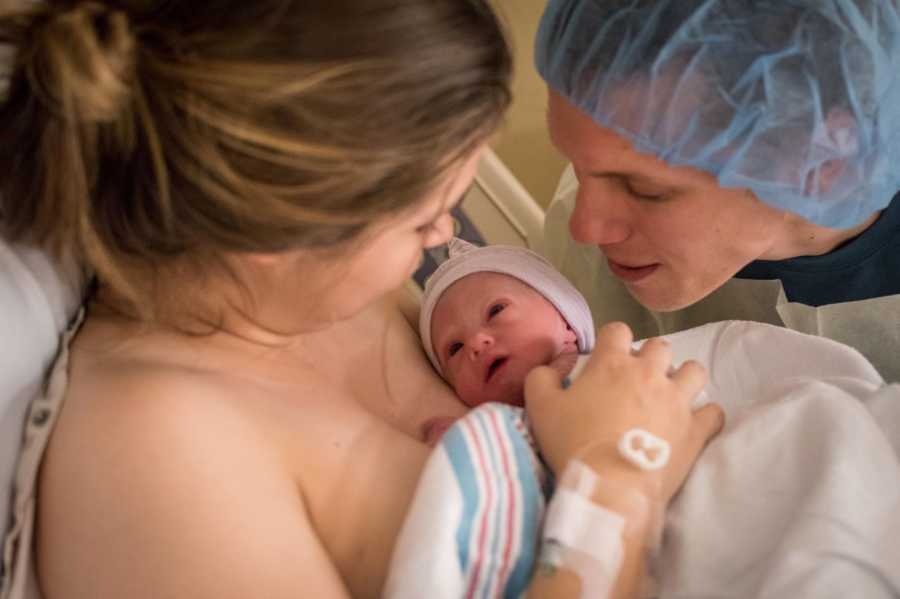
They placed Lillian in her mother’s arms, wrapped snugly in a blanket, and everything else faded away instantly. Alivia looked at her baby’s delicate face, little fingers, and perfect nose. She was small, just four pounds, but she was here. The doctors had said “incompatible with life,” but life was right there, breathing softly on Alivia’s chest.
Now, when Alivia thinks about Trisomy 18, she doesn’t picture medical charts or grim statistics. She sees her daughter’s auburn curls and blue eyes. She sees tiny hands touching her cheek, a crooked finger tracing her mother’s face. Trisomy 18, to her, is bedtime cuddles, morning laughter, and countless kisses given without hesitation. It’s a little girl who defied everything people said she couldn’t do. Lillian is now a toddler with a spark that refuses to fade. She’s sassy, stubborn, and strong, a warrior in pink dresses and hair bows. Life with Trisomy 18 is still full of challenges, from hospital visits to health scares, but it’s also full of joy. Somewhere along the way, Alivia stopped living in fear of her daughter’s death and started celebrating her life.
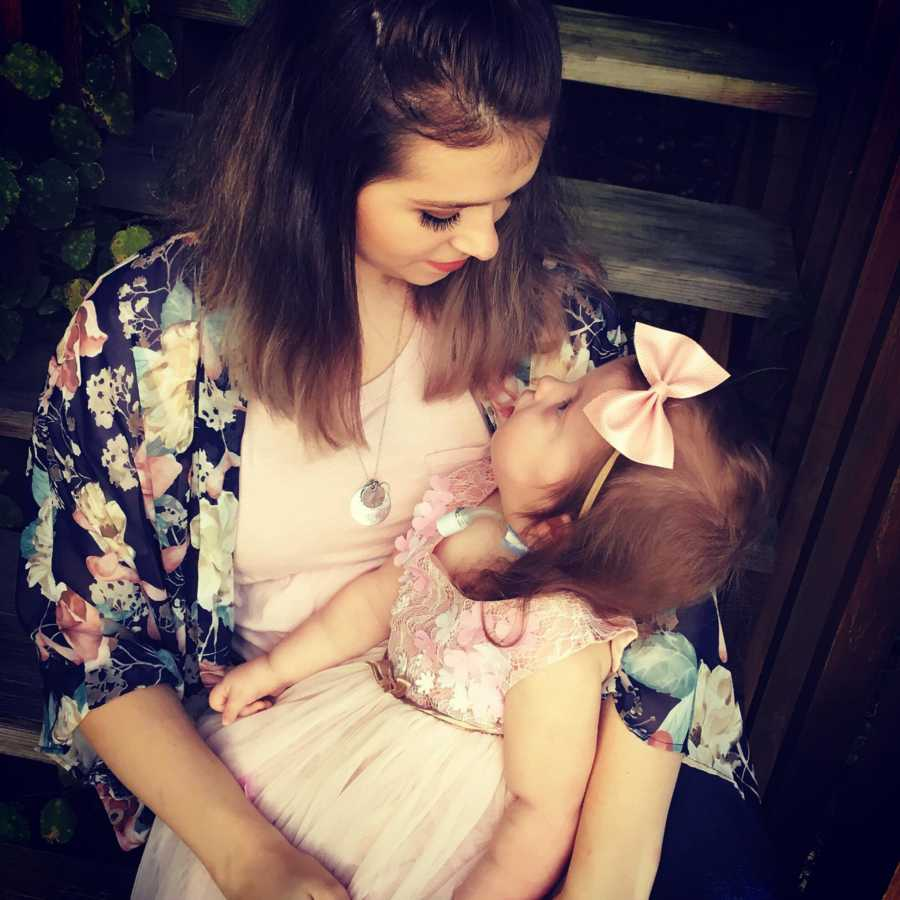
She realized that no one had promised the next day. Lillian has already outlived every expectation, and every day is a gift. So the family chooses to laugh, travel when they can, and find joy in small things. They sing through hard days and hold each other closer through hospital stays. When people hear “Trisomy 18,” Alivia hopes they picture Lillian’s face. She wants the world to know that “a baby like that” can change everything. Her daughter proves that love can exist beyond diagnosis, that a life once labeled incompatible can become extraordinary. Because of one extra chromosome, this family learned what living truly means.
